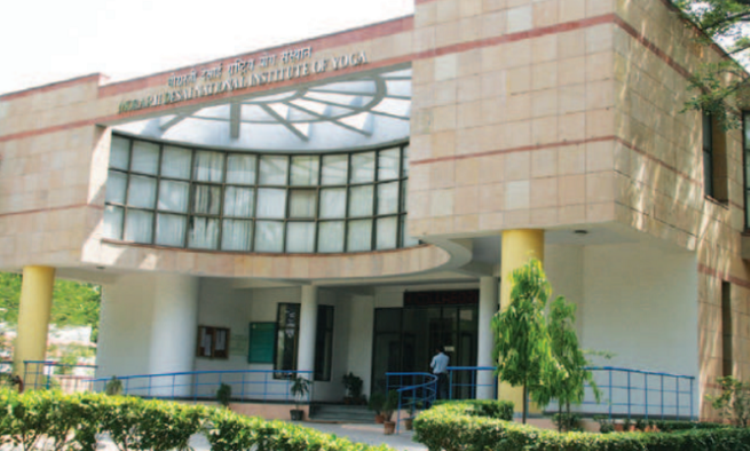Workshop on Police Verification Service Standards held by BPR&D
The workshop provided an opportunity to share the best practices and standards being followed by the States/UTs, which will eventually contribute to developing national standards for police verification services.

- Country:
- India
A Workshop on Police Verification Service Standards was organized by Bureau of Police Research and Development (BPR&D) at New Delhi.
The workshop provided an opportunity to share the best practices and standards being followed by the States/UTs, which will eventually contribute to developing national standards for police verification services. Its objective was to leverage technology to ensure transparency, speedy disposal and eliminating the possibilities of corruption in police verification services.
Police Verification services include verification for the purposes of issue of passport, employment, Police Clearance Certificate (PCC) for visas for certain countries and so on. The transparent and sturdy mechanism, especially through the online system of application and payment will go a long way in the delivery of police services.
The workshop was held under the chairmanship of Shri V.S.K. Kaumudi, Director General, BPR&D. It was attended by 35 delegates from 14 States and 3 UTs who were officers of the ranks of SI to ADG. The Foreigners Regional Registration Office (FRRO), New Delhi, was also represented. The Indian Police Foundation and Institute, New Delhi, are partners in this project.
Delegates from the states of Maharashtra, Delhi, Telangana, and Uttar Pradesh made presentations on the mechanism developed regarding police verification services in their respective States/UTs. The presentations were followed by open discussion and deliberations.
(With Inputs from PIB)
ALSO READ
Celebrating Diversity and Creativity: Queen of the Arabian Sea Art National Workshop at Kochi
IAEA facilitates national workshop to discuss nuclear law and raise awareness among officials
Centre holds workshop to bridge gap between fintechs and law enforcement agencies
Workshop on State Mining Index to be Held by Mines Ministry and IIT-ISM Dhanbad
Ministry of Mines, IIT-ISM Dhanbad hold workshop on State Mining Index










